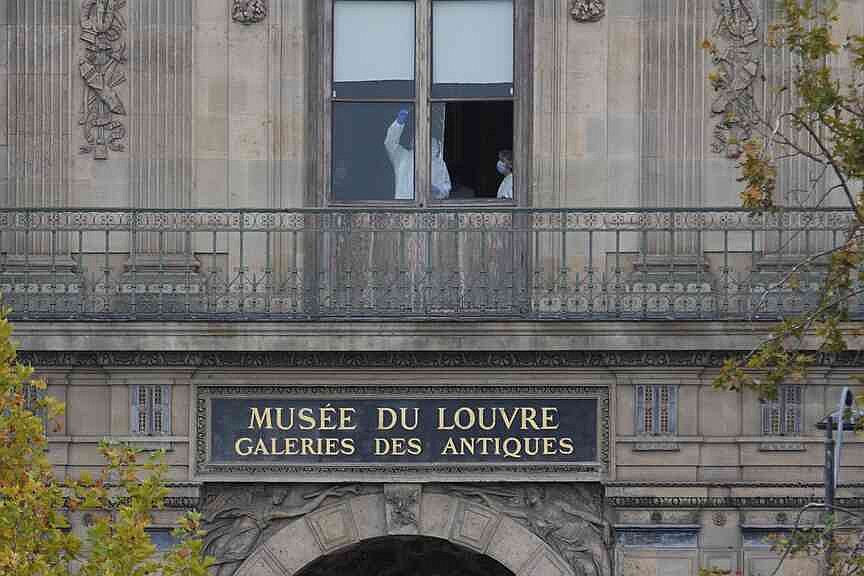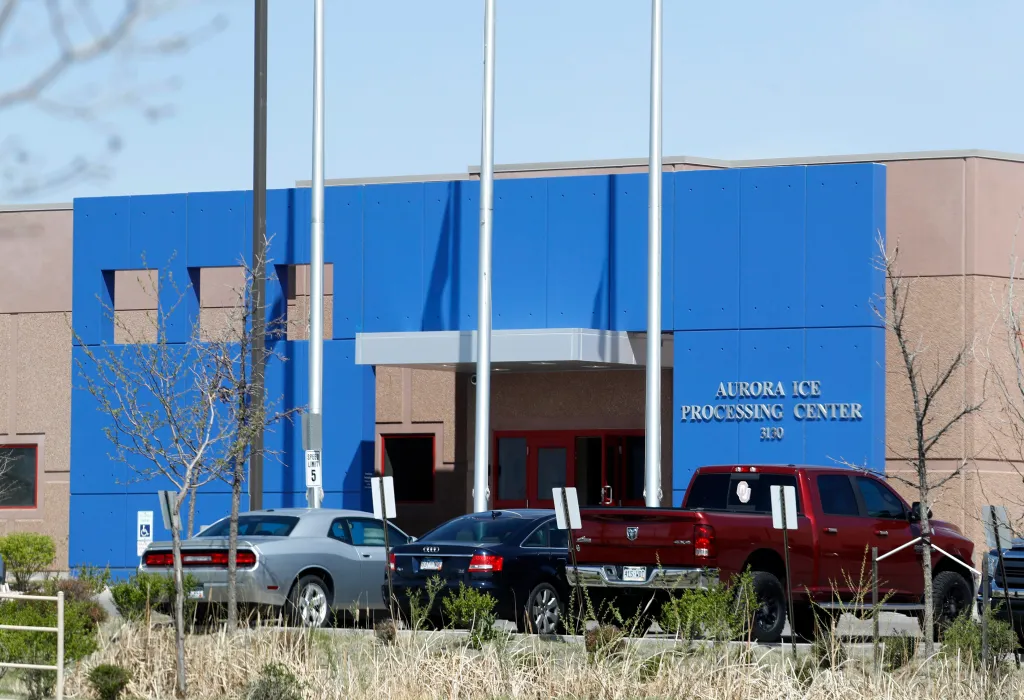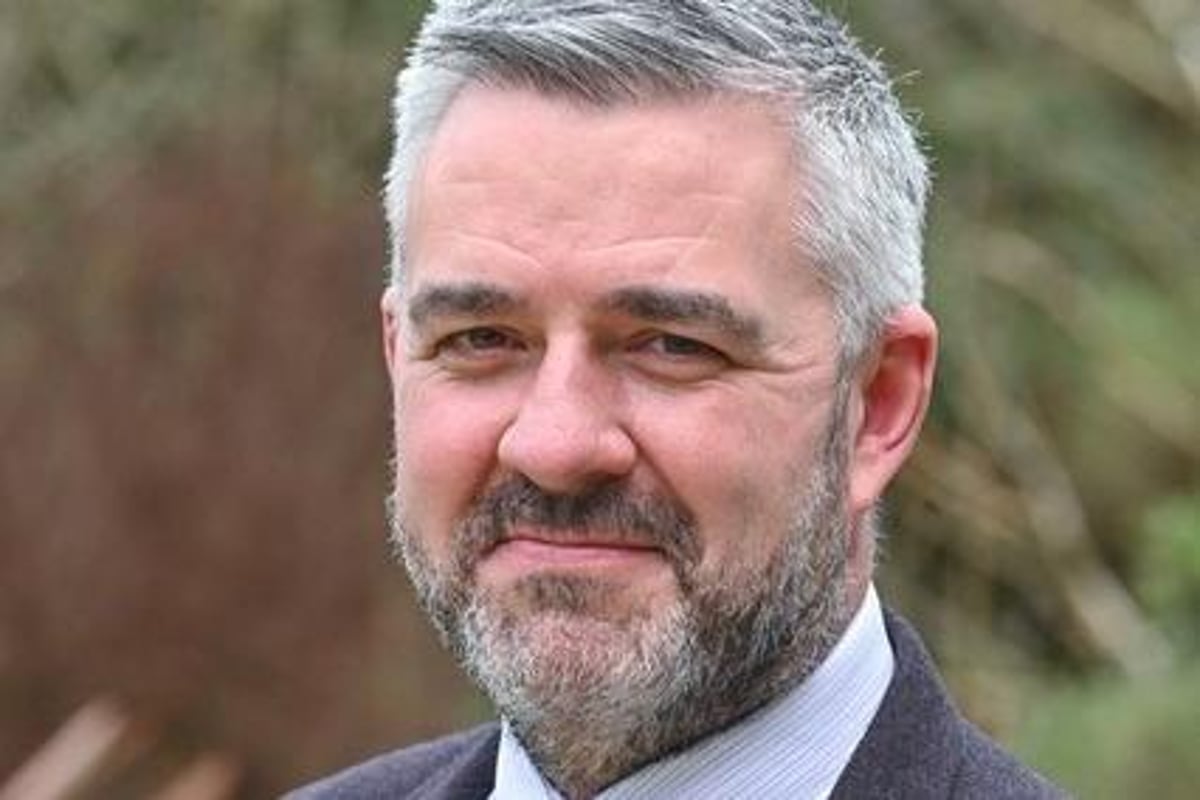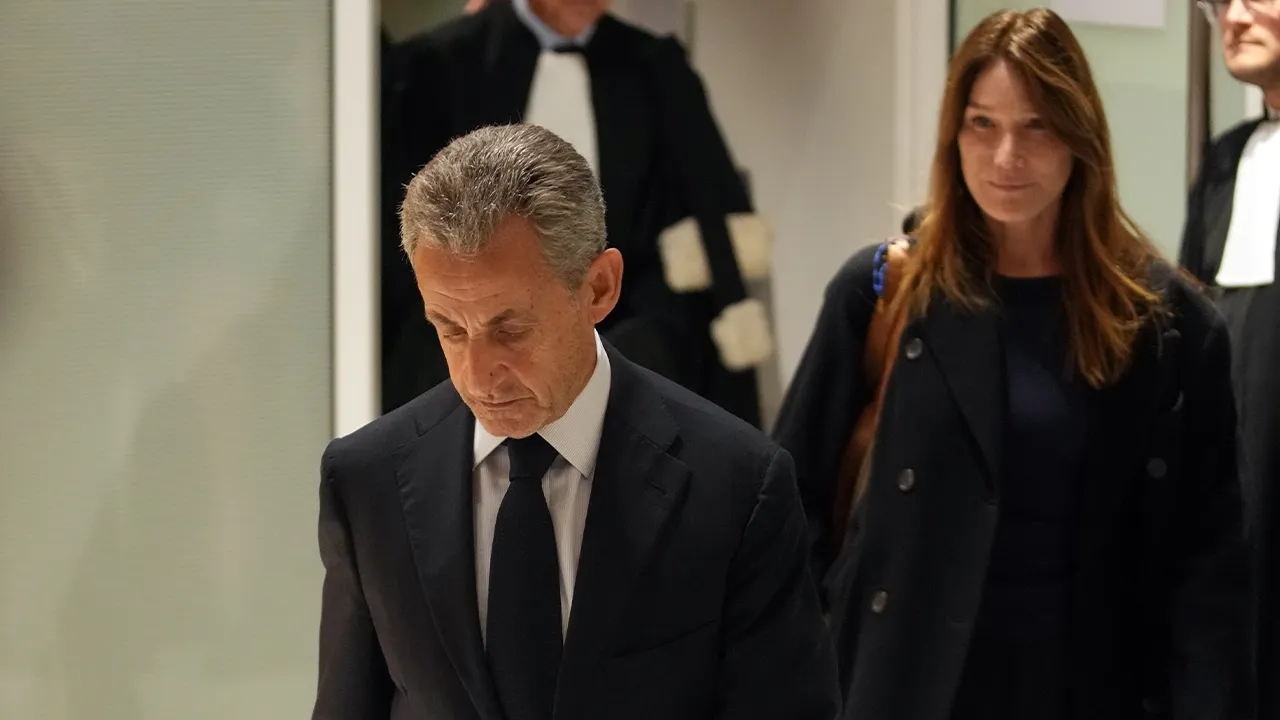Copyright cleveland.com
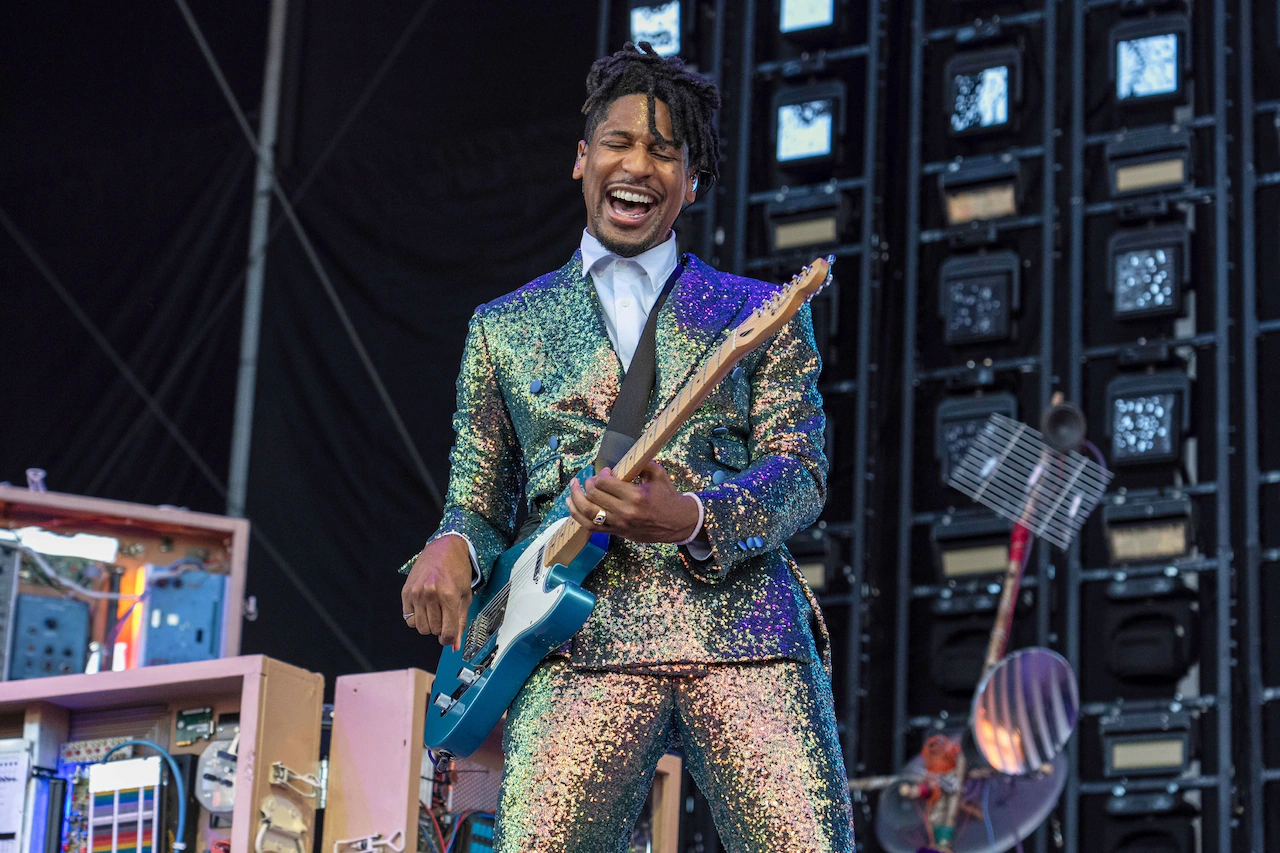
There was, simply put, no way Jon Batiste was not going to be a musician. Born in Louisiana to one of New Orleans’ most prolific music families -- father Michael Batiste played bass for Jackie Wilson and Isaac Hayes, while other relatives were part of some legendary Crescent City ensembles -- the singer, songwriter and multi-instrumentalist has mined his DNA for an accomplished career in several areas. That includes television, where he served as musical director for “The Late Show with Stephen Colbert” from 2015 to 2022, and film, where Batiste, 38, won Academy and Golden Globe awards for his part in scoring the 2020 animated film “Soul.” He’s released nine studio albums and won seven Grammy Awards -- including album of the year in 2021 for “We Are” -- and has collaborated with Prince, Stevie Wonder, Willie Nelson, Ed Sheeran, Lenny Kravitz and ASAP Rocky and many others over the years. Batiste was the subject of the 2023 documentary “American Symphony,” about a year navigating his music and his wife Suleika Jaouad’s battle with leukemia, and he’s had acting roles in the HBO series “Treme” and playing Billy Preston in last year’s “Saturday Night.” That’s a lot -- and, he says, there’s a lot more to come. In the meantime, however, he’s happily touring (he has an Akron show Sunday, Oct. 26) to promote his latest release, the genre-hopping “Big Money.” It came out in August and features guest appearances by Randy Newman, Andra Day and NO ID, as well as Batiste’s alter ego Billy Bob Bo Bob on the closing track, “Angels”... How’s it been getting back on stage with the new album? Batiste: Oh, I’m excited to come back because the one thing I’ve realized is when you come to the concert, what you’re hearing is the next album being made. So that (last tour) was the beginning of me changing the concept of my live band, and ever since we started this tour, that concept has evolved. How so? Batiste: Well, we co-create the show with the audience. In the sound check we have sketches and we talk about ideas, but we don’t really rehearse. It’s not like the show is the same every night; in fact it’s always different. We make the show with all these non-verbal cues and hand signals...and other things. So I wanted to build a band that could play the music of my catalog but that could also function in this way where we can go on stage and create a show every night, with the people who are there. What’s the allure of that kind of high-wire approach? Batiste: It’s being in the moment, the presence of it, the energy of it. I think it’s the best feeling for the people who come out in the audience, ‘cause they’re there and they’re experiencing something that will be completely one of one, every time. Their energy and things that happen in the audience goes on to the stage and it filters back to them like this feedback loop. I think it increases the intensity of seeing a show because you never know what’s gonna happen next, but you’re always gonna get the songs you like and the musicianship you like, so you get the best of both worlds -- if you get a band together that can pull that off and really create something in real time while being in motion on tour. You mention the idea of creating the next album on stage at these shows. Is there a specific example you can point to on “Big Money?” Batiste: Well, the song “Big Money” itself was written on my last tour. It actually happened when we had a show at the Ryman in Nashville, and I was playing a lot of guitar on the tour, on stage and off stage. I was using a form of unorthodox journaling where I would write sketches, almost poetry. I would play guitar and mumble lyrics, and “Big Money” was something that came from me exploring the guitar on that tour and it becoming one of my core instruments on stage. It led to that whole song and eventually to this project. How do you straddle the line of being guided by both passion and by your formal training (at Julliard)? Batiste: I think I was lucky, because my first mentors in music, being my dad and a lot of the musicians who were elders in the community, were very much about experimental exploration and music as a way of affirming your perspective on the world. It wasn`t pedagogy based on ‘This is the way it had to be and there’s no other way.’ It wasn’t so strict. They were avant garde classical musicians from the South who were rooted in experimental jazz music. When I was 12 these guys in their early 70s -- I’m talking about Alvin Batiste, Edward Kid Jordan, Ellis Marsalis -- were my mentors. And besides that I was self-taught. My family was largely self-taught, so I had a mix of really playing music in the streets and on the corners of New Orleans, just being very free. It wasn’t until I left Louisiana and went to Julliard that I got the more conservator kind of training. What was your first instrument? Batiste: Before I started piano, it was drums. I didn’t take lessons until I started piano, so for the first five or six years of my life as a musician I was self-taught. I would dabble on different instruments. Then I picked up piano around age 12, and the next five-year period was when I was playing in these bands and forming my own bands, building on theory, and then I left to go to New York at 17, and that’s when I formed the first version of the band that you’ll see. You clearly approach music with an intent and purpose. It’s not just technique or performance. Batiste: I think my innate relationship to music comes from being this kid who kind of found my voice through music. Being an introvert, I really figured out how to speak in a very deep way to the people in my community through music-making. I came to understand that it’s more than entertainment; it’s a spiritual practice. That’s really aligned with New Orleans culture as well, being part of the fabric of everyday life in the city. There’s music when people are born, music when somebody passes away, there’s music for when you have certain dances and certain seasons of the year. It’s not just a part of the entertainment industry. The deeper I study it, the more I play it, the more I’m certain that it’s a spiritual practice. What kind of adventures have you had while you’re walking through the crowds at the end of your concerts? Batiste: Oh, wow. I’m always blown away by how many people’s hands I can shake. It’s always been my joy to play in crowds of one or 200 people; as we’ve had the opportunity to play for thousands of people a night I always want it to still feel like we’re playing for 100 people, so I`m trying to keep that energy. We played Red Rocks (in Colorado) on tour; that was one of the biggest shows we played, 10,000-plus people, and I feel like I shoot everybody’s hand. We marched through and it feels like it’s a vast crowd, but you’ve probably seen everyone, which is a wonderful feeling. What is there you’d still like to do? Batiste: Y’know, just anything that can make the world better, if I can, try to make some impact with the platform and the energy we create through the music. I’m always looking to partner in ways that may not necessarily be the most obvious, because I think that can be the most creative and the most unexpected in terms of impact and actually be a solution to problems that maybe we didn’t think we could solve in predictable ways, in the prescribed ways. I think artists have a creative way of looking at the world, not just their craft, and can figure out ways to be at the table and offer your perspective in all the different mediums and different parts of society. So I’m just always open to anything, really. Are you starting to get a bead on the next album that you may be creating in these shows? Batiste: The next vibe is somewhere between, like, 50s stadium rock ‘n’ roll and world EDM dance music. It’s exhilarating. It’s the best feeling I’ve had as a creative, to be honest, ‘cause the discovery process is, to me, greater than invention. It’s the thing of the happy accident or the thing of the inspiration that you have yet to name, you have yet to articulate. It’s that feeling you have as a kid, in your child spirit, where you just play and explore and reach for something. Then you discover what it is, and then you put it together and have language for it. But before you have language for it, that’s the best part. Everybody wonders, of course -- what did you think of CBS’ “The Late Show” decision during the summer? Batiste: I think he (Colbert) is gonna be good, personally. He’s gonna be great. But in general it’s indicative of the larger conversation and the larger developments over the last couple of decades. It’s the market forces and the mammoth mechanics of politics merging with culture. Also now religion creates a sort of wave of influence and a wave of decisions that ebb and flow from one side of the pendulum to the others. Late-night shows became, as our show became, more heavily politicized; this is now the swingback in the other direction as we’re seeing not only with Stephen but with (Jimmy) Kimmel and with all the different shows that have faced changes as the ebbs and flows of our democracy and of this culture become more synthesized. So it’s just a part of the way we’ve allowed ourselves to move, and it’s the way democracy is going to keep moving until we shift our value system. It’s going to keep influencing things way behind the scope of its bounds. So that’s what’s necessary to shift our values. The general impact of that is indicative of the large conversation and the larger developments over the last couple of decades."
